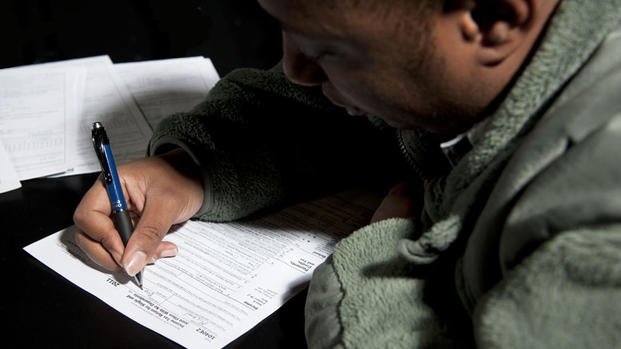I've been talking to a lot of military homeowners, and prospective military homeowners, lately. I try to make sure that they understand all the various nuances of loans, insurance, and especially taxes. Homeownership is often touted as a way to decrease your tax bills. Unfortunately, that's not exactly accurate, and it is absolutely false when it comes to real property taxes.
When you own a house, you pay taxes on the property every year. The amount of your taxes is based on the value of the property, and the tax rate for the state and/or county and/or city. However, most states offer some sort of discount to residents based upon certain statuses, such as being a resident or living in the house that they own. These can be called homestead exemptions or owner-occupancy credits or any number of other names, but I am going to call them homestead exemptions in this article just so it is isn't wordy and awkward.
There are two ways that homestead exemptions can be tricky for military families. First, military families may not be eligible for homestead exemptions if they are not legal residents of the state in which the property is located. For example, a military person who is a legal resident of Florida can not take the homestead exemption for a house that they own in Maryland. The rules vary from state to state, and you need to do some investigation, preferably before you make the house purchase.
The second way that military families can be impacted by homestead exemptions is if the family moves out of the property and rents the property. In most cases, any homestead exemption is lost when the property becomes a rental. This will result in an increase in real property taxes, which will change the profitability of the rental. For example, the Jones family is living in their house and is paying a reduced tax bill of $2400 per year, or $200 per month. When they move, and rent their house, the tax bill reverts to the full bill of $3,000 per year, or $250 per month. That can mean the difference between profitability and taking a loss every month.
Tax implications are important when considering a house purchase, or turning a house into a rental property. Be sure you understand all the different ways in which taxes will impact your overall situation, not just the "save on taxes" that is commonly mentioned.









